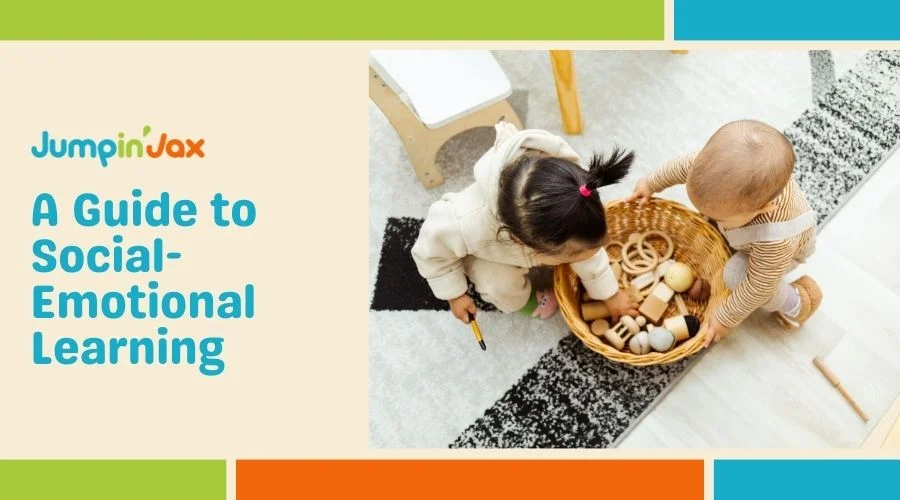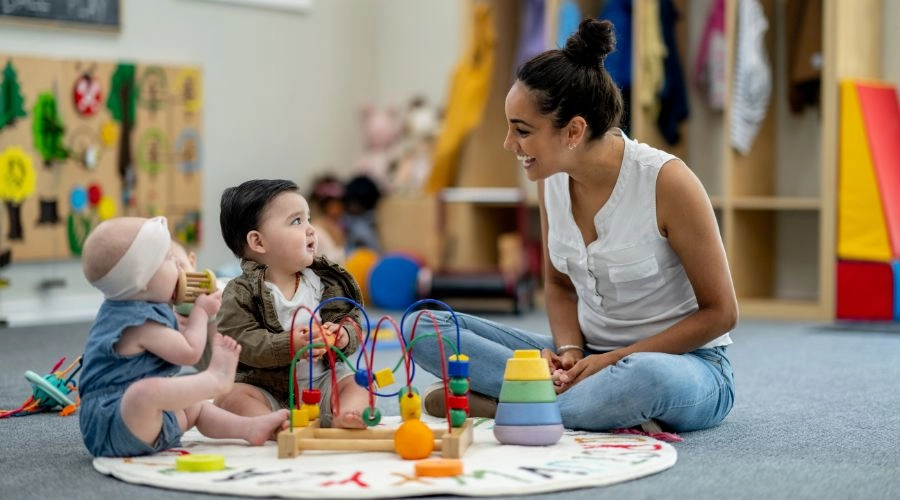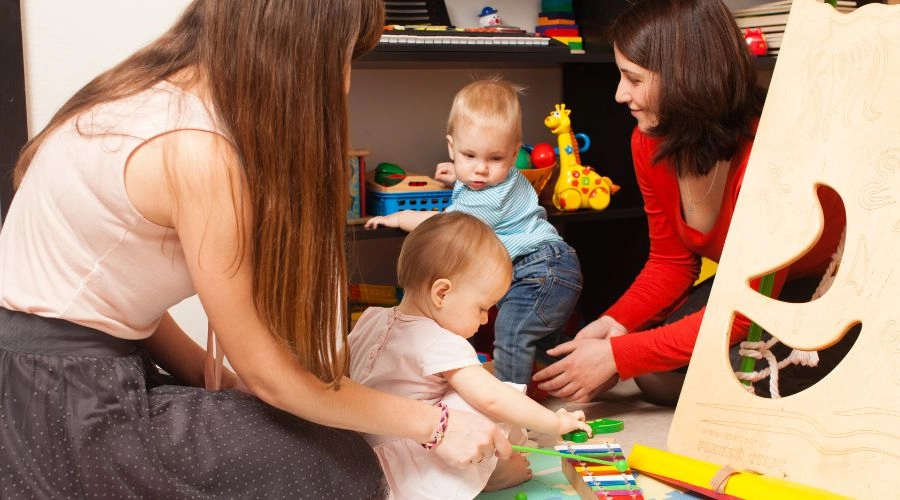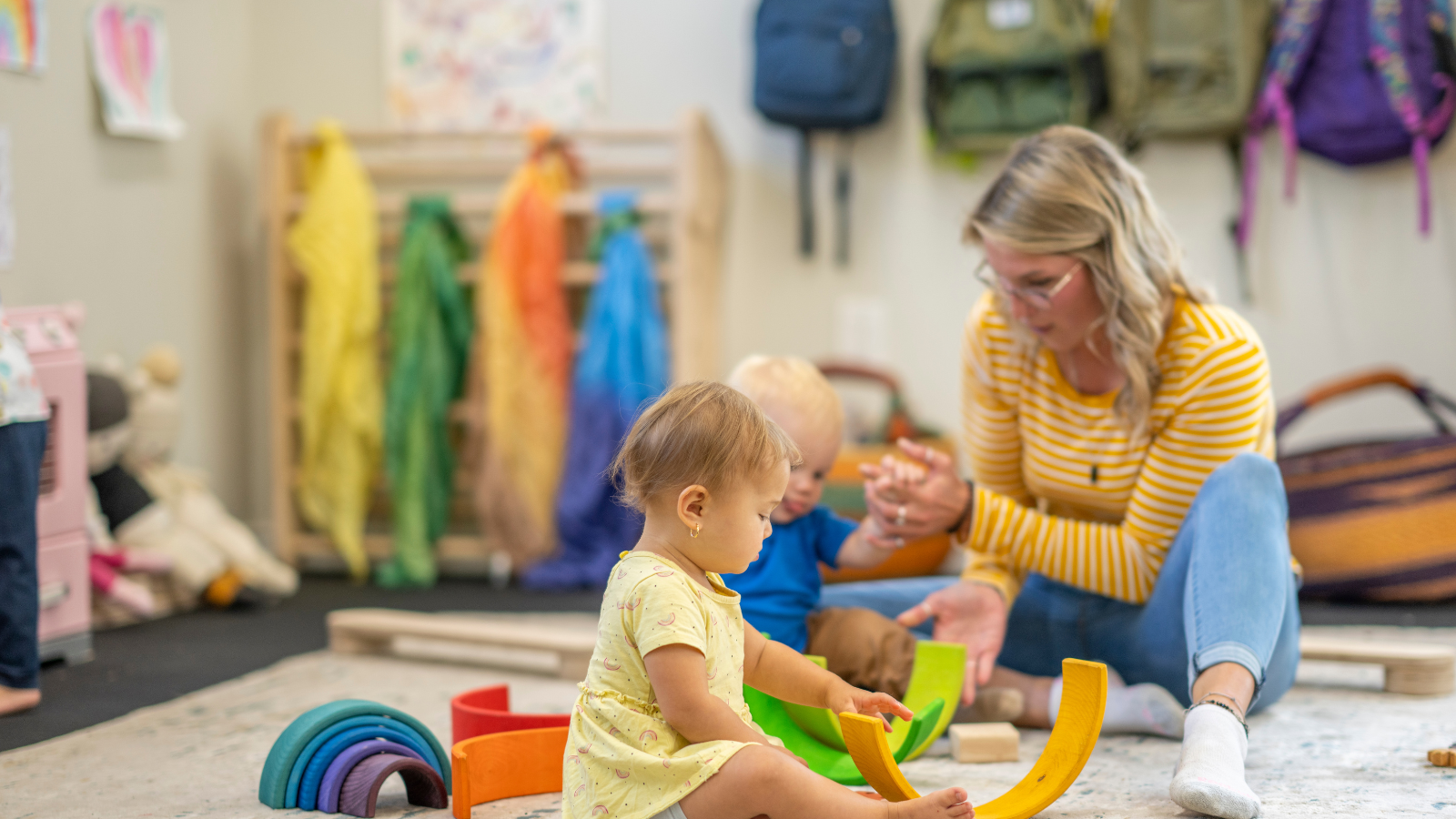Social-emotional learning (SEL) might not be the most catchy term, but the transformative skills it imparts are nothing short of remarkable. Social-emotional learning is the process of developing the interpersonal, self-control, and self-awareness abilities that are essential for success in a job, education, and daily life, as defined by Paramus Daycare and the Committee for Children. In this article, we will explore what SEL is, where it is practiced, why it is immensely beneficial for children, how parents can support their children in SEL, share examples, and uncover the numerous advantages of embracing it.
What is Social-Emotional Learning?
Social-emotional learning, or SEL, is a multifaceted process that equips individuals with the emotional intelligence and interpersonal skills they need to navigate life successfully. It goes beyond traditional academic knowledge, emphasizing the development of well-rounded individuals better prepared to thrive in an ever-changing world.
Where is SEL Applied?
SEL transcends the boundaries of traditional educational institutions. Here are some key areas where SEL is implemented:
- Educational Institutions: Schools and universities are the primary settings for SEL implementation. Recognizing the symbiotic relationship between emotional well-being and academic success, educators are integrating SEL into their curricula.
- Home: SEL can start at home. Parents play a pivotal role in nurturing these skills in their children, establishing a solid foundation for emotional development.
- Community: SEL extends to community organizations, extracurricular activities, and beyond. It provides children additional opportunities to practice and reinforce their emotional skills in various social contexts.
Why is SEL Beneficial for Children?
The benefits of SEL for children are abundant:
- Improved Emotional Awareness: SEL helps children recognize and understand their emotions, fostering self-awareness and emotional regulation.
- Enhanced Self-Control: Children learn to manage and regulate their emotions and behaviors, empowering them to make thoughtful decisions and handle stress effectively.
- Better Relationship Skills: SEL equips children with the skills to build and maintain healthy relationships, fostering empathy, effective communication, and conflict resolution abilities.
- Conflict Resolution: SEL provides children with problem-solving skills that enable them to address conflicts and challenges constructively, reducing aggressive or disruptive behaviors.
- Higher Academic Achievement: Studies consistently show that students who receive SEL education tend to perform better academically. Emotional well-being positively influences their ability to learn and excel in various subjects.
- Reduced Dropout Rates: SEL equips students with the emotional intelligence and coping mechanisms needed to face challenges head-on, lowering the likelihood of dropping out.
- Improved Mental Health: SEL helps children recognize and manage stress, anxiety, and other emotional struggles, contributing to improved mental health and overall well-being.
- Life-Long Skills: SEL skills extend beyond academic life and are applicable in personal, social, and professional contexts. They prepare children for success throughout their lives.
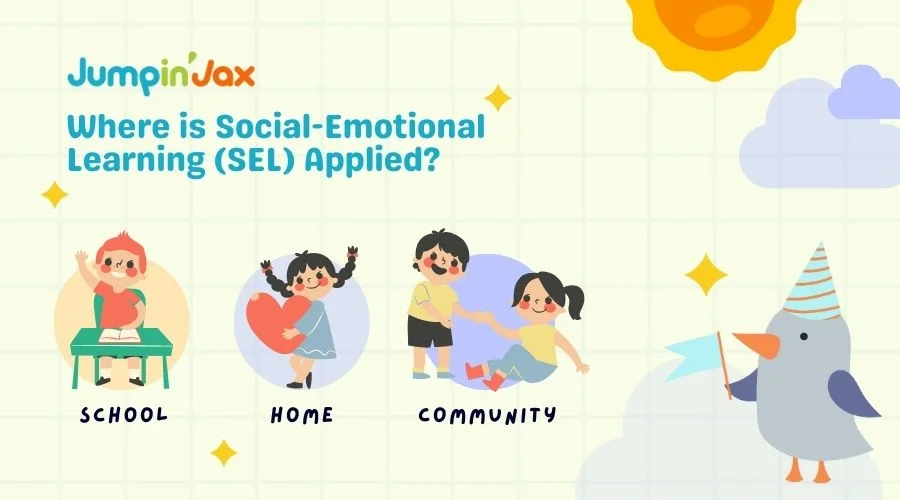
How Can Parents Support Their Child in SEL?
Parents are instrumental in supporting their children’s emotional development:
- Open Communication: Open and honest discussion should be encouraged with your children to help them express their feelings and thoughts freely.
- Modeling Behavior: Be a positive example by demonstrating emotional intelligence and problem-solving skills in your daily life.
- Teach Problem Solving: Guide your child in resolving conflicts and challenges constructively.
- Encourage Empathy: Discuss and explore the feelings and perspectives of others to nurture empathy in your child.
What to Do If You Think Your Child Needs Additional SEL Support
If your child might benefit from extra support in Social-Emotional Learning (SEL), there are steps you can take. Start by recognizing any signs of emotional struggles or behavioral challenges in your child. Open a line of communication and encourage them to share their feelings. Consult with educators and school counselors to gain insights into their school life. Obtaining expert assistance in the form of therapy or mental health expertise specializing in SEL can provide valuable guidance. Explore SEL programs and resources that align with your child’s needs. Lastly, implement SEL strategies at home, fostering emotional awareness, active listening, empathy, and problem-solving skills in everyday interactions with your child. Monitoring their progress is crucial as they develop the vital social and emotional skills they need to succeed.
Despite its less-than-memorable name, Social-Emotional Learning is a powerful tool for nurturing emotional intelligence and preparing children for success in school, work, and life. It provides children invaluable skills, from self-awareness to self-control, empathy, and problem-solving. The benefits of SEL are undeniable, impacting academic achievement, mental health, and overall well-being. By embracing the power of Social-Emotional Learning and investing in the emotional development of our children, we pave the way for a brighter, more emotionally intelligent future.

